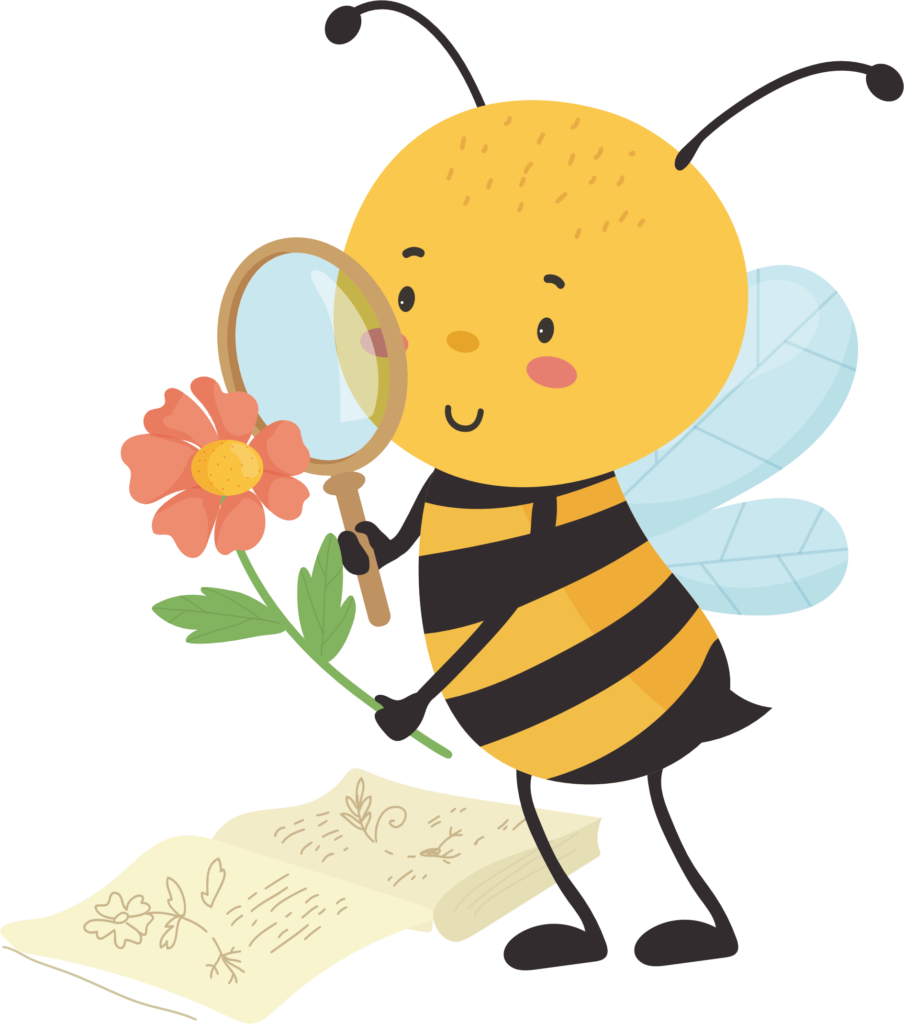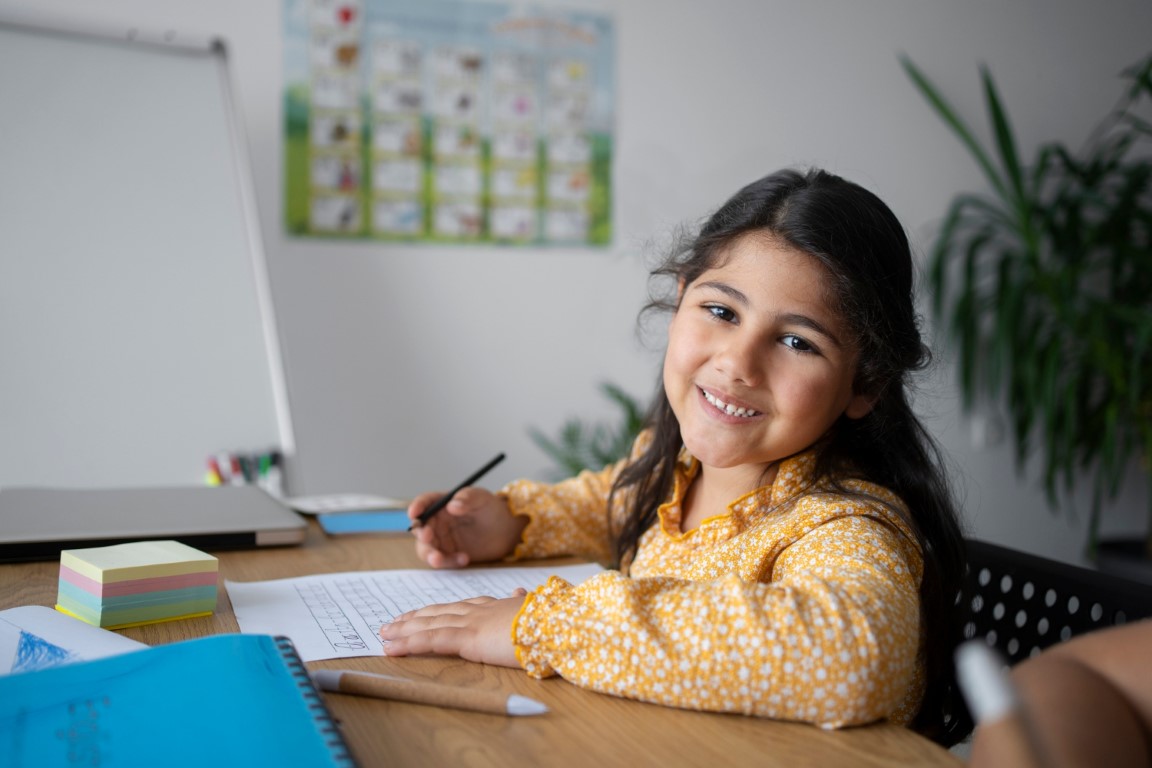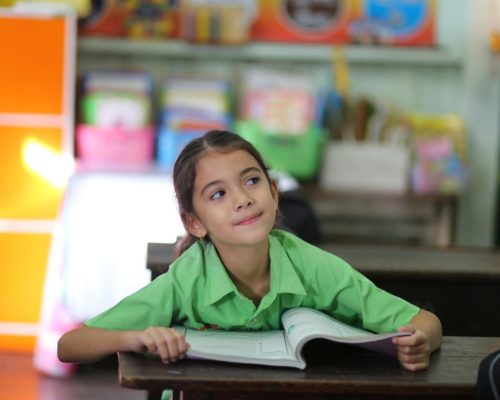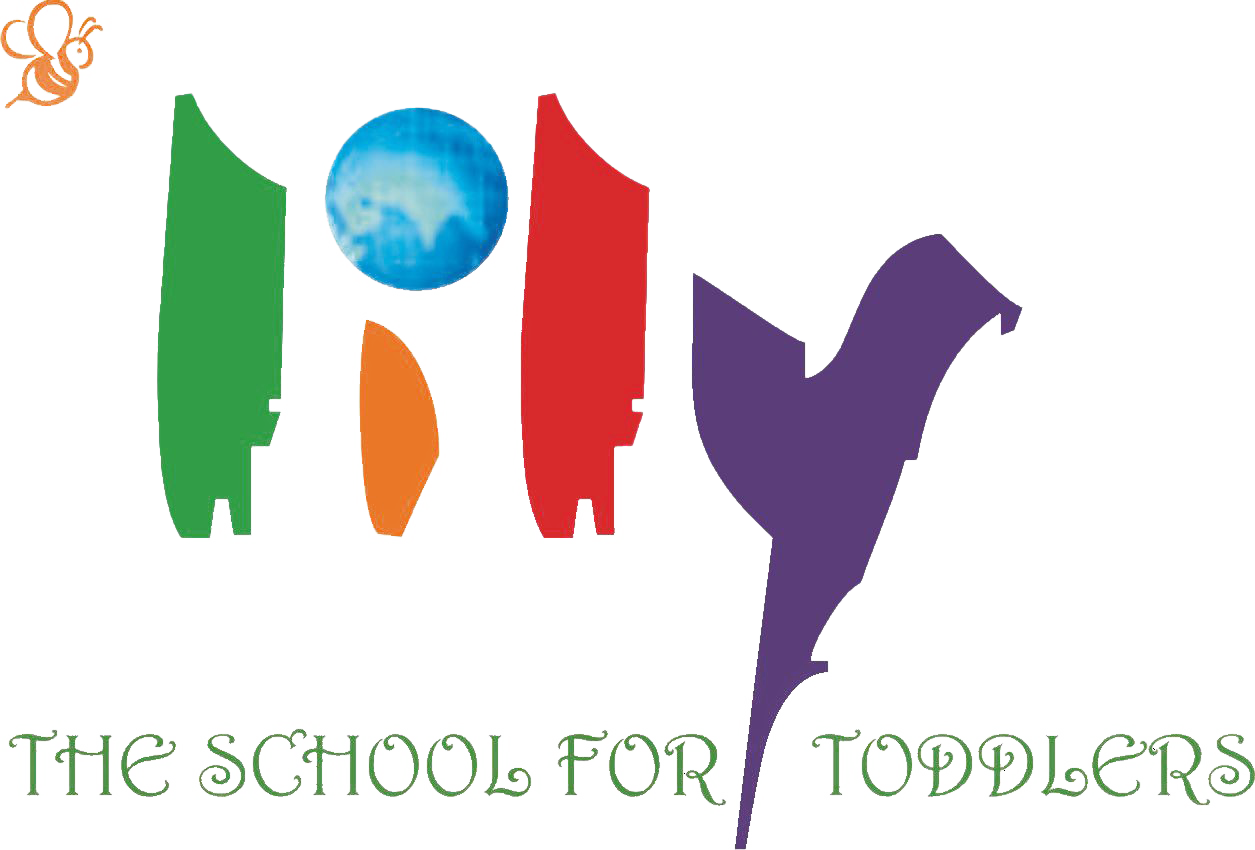Assesment


Our Assesment
Assessment is central to the process of teaching and learning. It is used to monitor learning processes and to ascertain achievement in each area of the curriculum. Through assessment the teacher constructs a comprehensive picture of the short-term and long-term learning needs of the child and plans future work accordingly. Assessment is also used to identify children with specific learning difficulties so that the nature of the support and assistance they need can be ascertained and appropriate strategies and programmes put in place, to enable them to cope with the particular difficulties they are encountering.
Assessment assists communication
Assessment assists communication about children’s progress and
development between teacher and child, between teacher and parent, and between teacher and teacher. It helps the child to become more self-aware as a learner and to develop powers of self-assessment. It also helps to ensure quality in education.
In order to take account of the breadth and variety of learning it offers, the curriculum contains a varied range of assessment tools. These range from informal tools such as teacher observation, classwork, homework and discussion with pupils to more formal tools such as diagnostic tests and standardised tests. Assessment tools such as projects, portfolios and curriculum profiles that can be used to link formal and informal approaches are also recommended. It is intended that in planning teaching, learning and assessment procedures, schools and teachers will select those that best meet their needs at a particular time.

